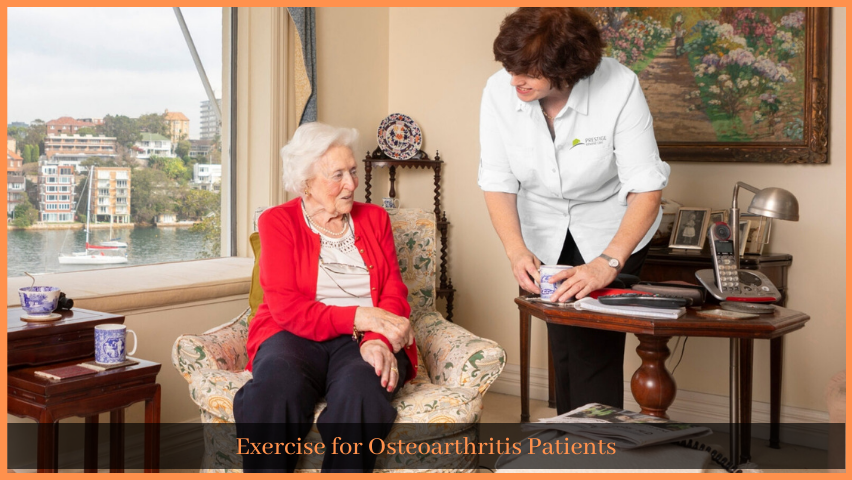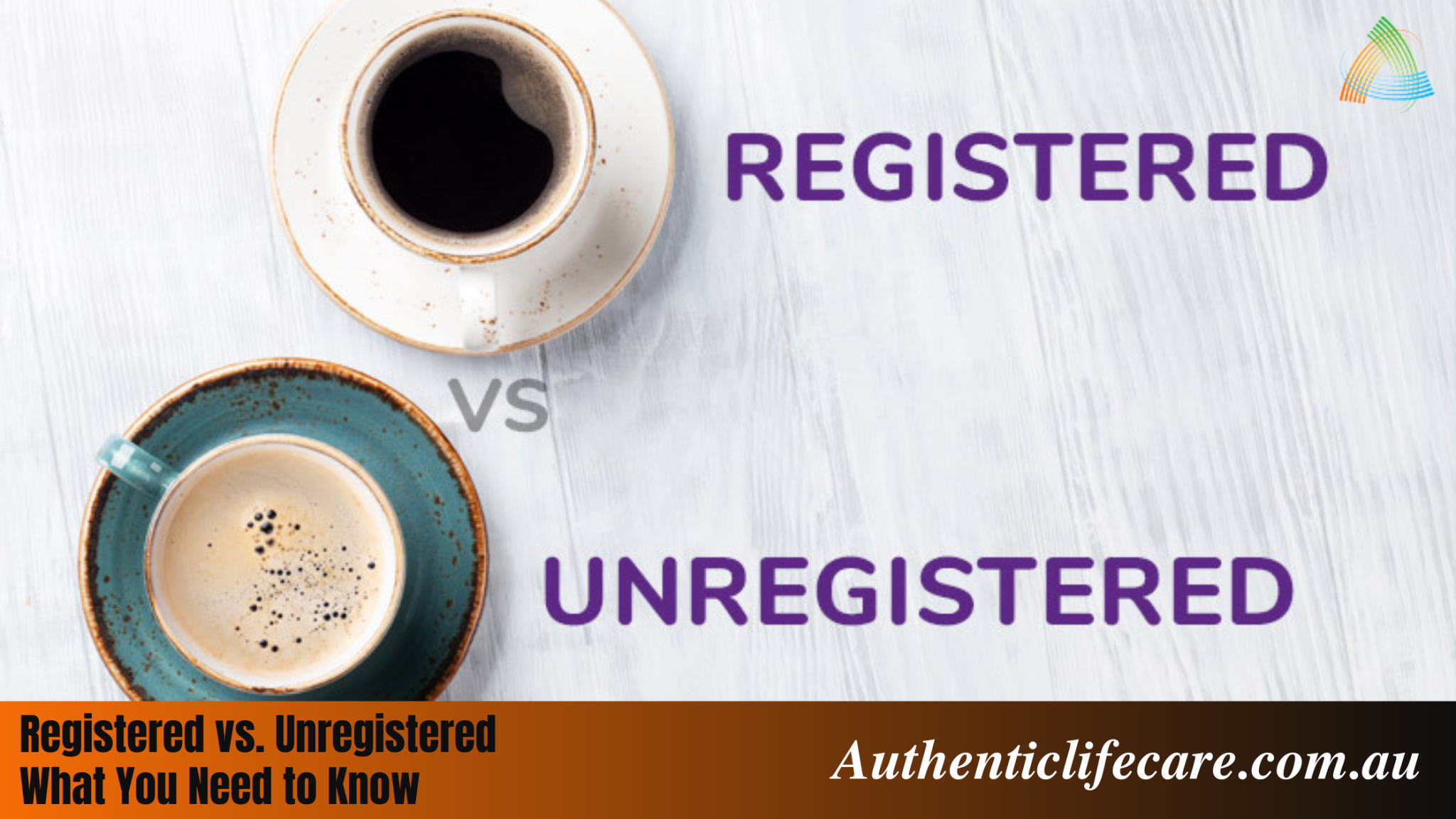We all deal with stress in our daily lives, whether it’s at home, school, or job. Stress can have a variety of effects on us, both emotionally and physically, and in varying degrees of severity.
Stress is a persistent problem, particularly among seniors, due to a lack of freedom, a diminished social life, boredom, and deteriorating health.
But, exactly, what is stress? What impact does stress have on the ageing population? What options do elders have for dealing with it?
What exactly is Stress?
This is a physical or emotional pressure sensation. Thinking or an occurrence that makes you furious, worried, or frustrated might cause stress.
When you are stressed, you feel unhappy or threatened, and your body responds by triggering a stress reaction, which can result in a variety of physical and emotional symptoms, as well as a change in your behaviour.
Stress can cause a variety of problems in the elderly, ranging from little difficulties like an upset stomach to major problems like diabetes and heart disease.
With over 15% of the world’s ageing population suffering from stress-related mental problems, it’s critical to understand the impact of stress on the elderly.
What Impacts Does Stress Have on Seniors?
Stress may be negatively influencing the health of an elderly family or a friend, and you or they may not recognise it. They may attribute an upset stomach to certain foods, but stress could also be at blame. The following are some of the major stressors that elderly people face:
Heart issues
Stress in seniors can cause an increase in adrenaline, which boosts heart rate and blood pressure. This can eventually lead to heart problems.
Another theory is that stress in older people is linked to relief activities’ like binge drinking, smoking, or overeating. As a result, these activities may damage blood vessels, raising the risk of heart disease.
Stomach Problems
Stress causes inflammation, which can harm the intestines and sensitive stomach linings in seniors. As a result, elderly persons may experience constipation, continuous heartburn, or diarrhoea.
Diabetes
The levels of glucose in a person’s body are affected by stress hormones. Blood sugar levels, heart rate, and blood pressure can all be raised by these hormones. Increased blood sugar levels increase the risk of diabetes in the elderly, who frequently have a damaged immune system.
Depression
Depression in the elderly can be caused by a loss of physical abilities, social life, and independence. Adding stress to the mix will only make things worse.
Dementia
Cortisol, a hormone produced when a person is stressed, has been linked to memory issues. Stress is also linked to anxiety and depression, both of which are linked to dementia.
How Can You Help Seniors Deal With Stress?
Chronic stress can have a severe impact on seniors’ well-being, lowering their quality of life and potentially shortening their lifespan. As a result, it’s critical to take the following steps to reduce their stress levels.
Workout
Physical activity boosts the synthesis of endorphins, the brain’s feel-good chemicals, which helps to reduce stress. When your elderly loved ones begin to experience the consequences of stress, you might encourage them to exercise or go for a stroll.
Participating in volunteer work
Encourage senior citizens to take part in community activities. This aids in the formation of a support network as well as the stimulation of their minds.
Eating a balanced diet
When elders are anxious, they may turn to overeat as a coping method. Unfortunately, eating foods heavy in sugar and fat will only exacerbate stress-related problems. Always encourage your elderly loved ones to adopt a balanced diet and not use food as a coping technique to properly cope with stress.
Seek out professional help
If the stress continues, seek professional help. These professionals are well-positioned to assist elders in effectively managing stress and preventing physical harm in an ageing society.













